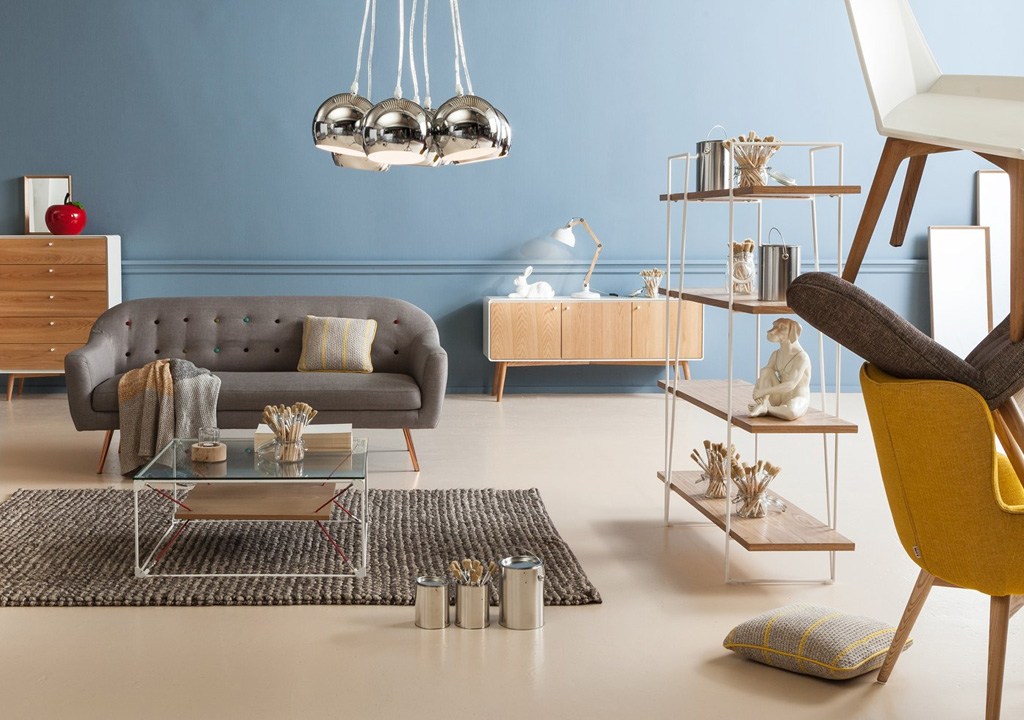Introduction
In the realm of architecture and interior design, the concept of modern home designs has evolved dramatically over the years. Today, homeowners seek not only aesthetics but also functionality, sustainability, and innovation in their living spaces. From sleek minimalism to eco-friendly structures, modern home designs encapsulate a wide array of styles and principles. In this blog post, we delve into the fascinating world of modern home designs, exploring the trends, features, and innovations shaping the way we live.
The Essence of Modern Home Designs
Modern home designs are characterized by their emphasis on simplicity, clean lines, and functionality. Unlike traditional styles that may be ornate and heavily adorned, modern designs favor open spaces, natural light, and minimalist décor. The overarching goal is to create living spaces that are not only visually appealing but also conducive to contemporary lifestyles.
Key Elements of Modern Home Designs
- Open Floor Plans: One of the defining features of modern homes is the prevalence of open floor plans. Walls are minimized or eliminated to create seamless transitions between living areas, fostering a sense of connectivity and spaciousness. This design element is particularly appealing for homeowners who enjoy entertaining or desire flexible living spaces.
- Abundance of Natural Light: Modern home designs prioritize natural light, utilizing large windows, skylights, and glass doors to flood interiors with sunlight. This not only reduces the need for artificial lighting but also enhances the ambiance of the space, creating a welcoming and uplifting environment.
- Clean Lines and Minimalist Aesthetics: Minimalism is a hallmark of modern design, characterized by clean lines, geometric shapes, and uncluttered spaces. Furniture and décor are carefully curated to serve both functional and aesthetic purposes, with an emphasis on simplicity and understated elegance.
- Integration of Indoor and Outdoor Spaces: Modern homes often blur the boundaries between indoor and outdoor living, seamlessly integrating outdoor patios, decks, or gardens with interior spaces. This creates a harmonious flow between the indoors and outdoors, allowing residents to enjoy nature while still enjoying the comforts of home.
- Innovative Materials and Technology: Advances in technology and sustainable materials have revolutionized modern home design. From energy-efficient appliances to smart home automation systems, homeowners have access to a wide range of innovations that enhance comfort, convenience, and sustainability.
Trends in Modern Home Designs
- Sustainable Design: With growing awareness of environmental issues, sustainability has become a key consideration in modern home design. From energy-efficient building materials to passive solar design principles, eco-friendly features are increasingly integrated into modern homes, reducing carbon footprints and promoting environmental stewardship.
- Multifunctional Spaces: As urban living spaces become smaller and more compact, modern home designs emphasize multifunctionality. Rooms serve multiple purposes, such as home offices that double as guest rooms or kitchen islands with built-in storage and seating. This optimization of space allows homeowners to maximize utility without sacrificing comfort or style.
- Biophilic Design: Biophilic design principles emphasize the connection between humans and nature, integrating natural elements such as plants, water features, and natural materials into the built environment. Modern homes often incorporate biophilic elements to improve indoor air quality, reduce stress, and enhance overall well-being.
- Flexible Living Spaces: Flexibility is paramount in modern home designs, catering to the evolving needs and lifestyles of residents. Flexible living spaces can be easily adapted to accommodate changing family dynamics, work-from-home arrangements, or social gatherings, ensuring that the home remains functional and relevant over time.
- Personalization and Customization: With the rise of digital design tools and customizable building materials, modern homeowners have greater flexibility to personalize their living spaces according to their tastes and preferences. Whether it’s custom cabinetry, bespoke furniture, or unique architectural features, customization allows homeowners to imbue their homes with a sense of individuality and character.
Conclusion
In conclusion, modern home designs embody a blend of aesthetics, functionality, and innovation, reflecting the evolving needs and preferences of contemporary homeowners. From open floor plans to sustainable features, these designs prioritize simplicity, versatility, and connectivity, creating living spaces that are both visually stunning and highly livable. As we continue to embrace new technologies and design principles, the future of modern home design promises to be exciting, dynamic, and ever-evolving.

